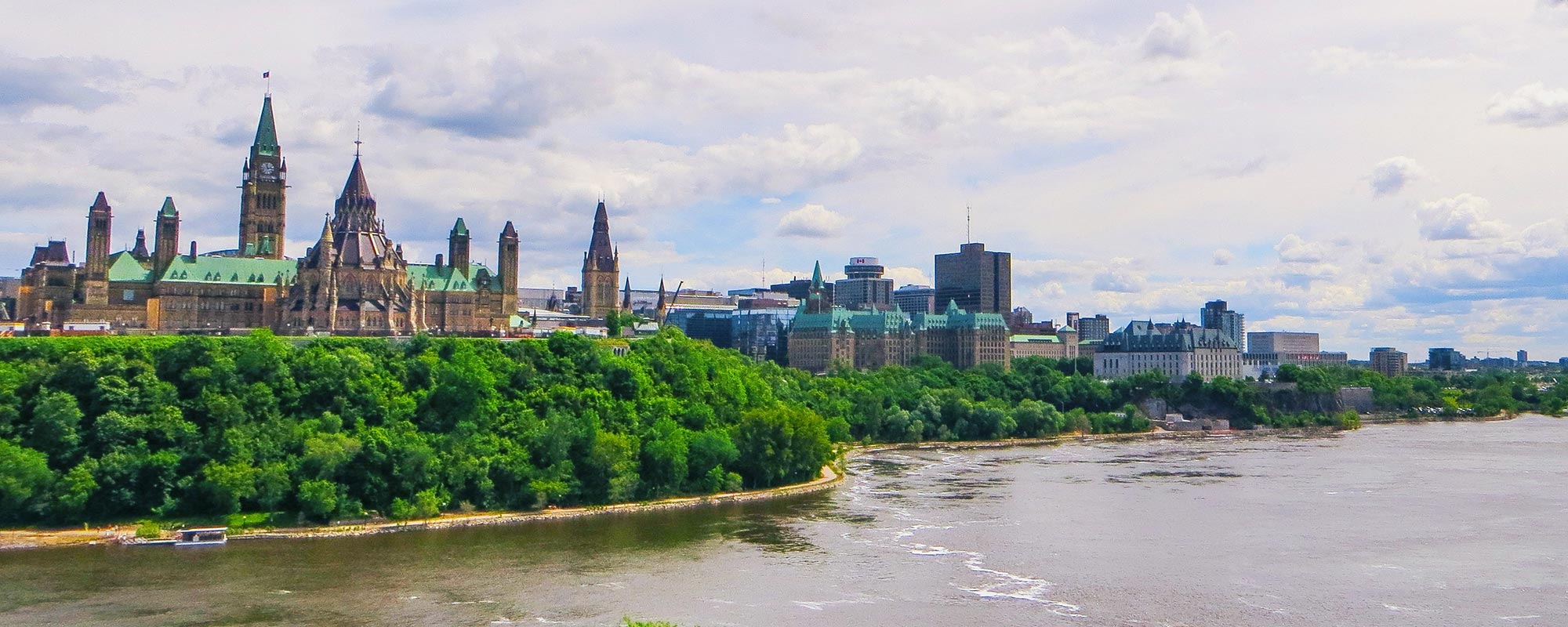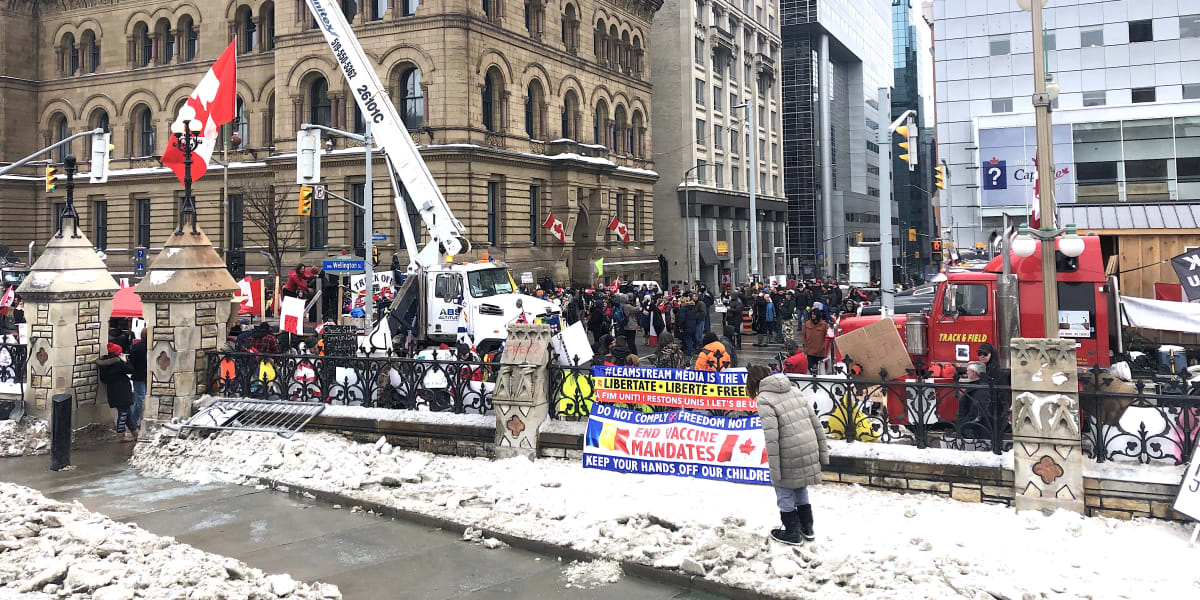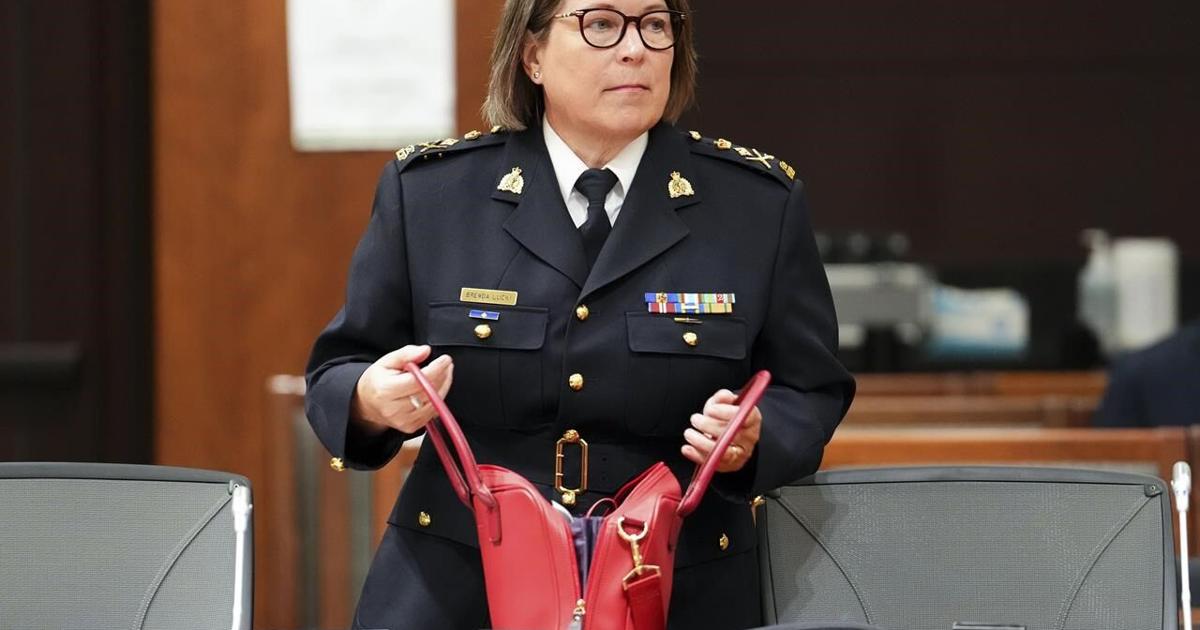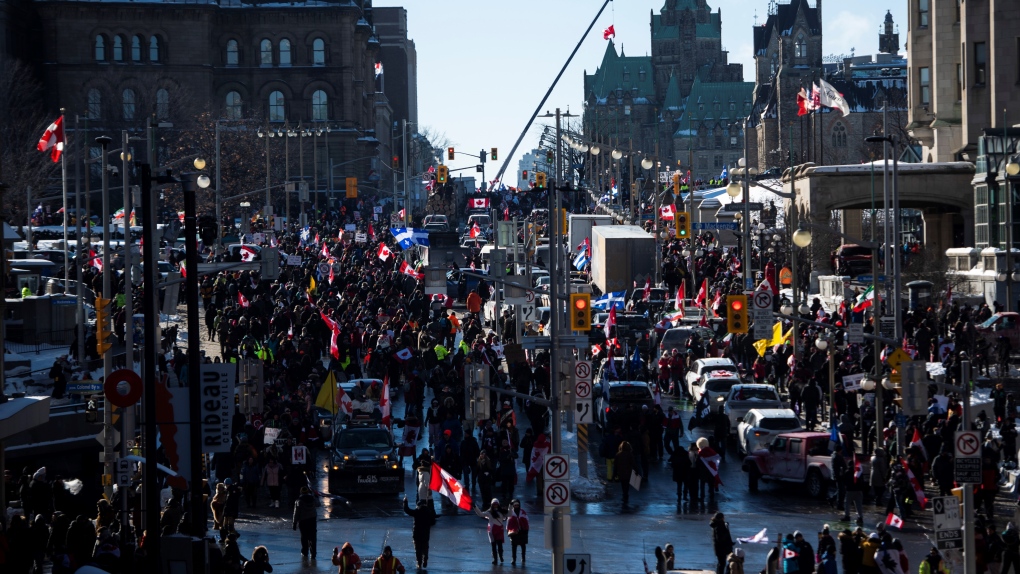Winds
Full Member
- Reaction score
- 306
- Points
- 800
Your figures originate from a report by the Fraser Institute (a libertarian think-tank) and include all forms of taxation (municipal, provincial, federal, CPP, etc.). The money is not just being transferred to other regions of Ontario but to other, "have not" provinces. Much of it is also probably paying for federal expenditures (ex. defence) as well as provinical infrastricture... those cities aren't getting fed without roads/rail, especially when it comes to imported goods.Regarding that "gravy train" running one-way from Queen's Park to City Hall.
Another member, in another thread, explained it this way,
Main Conclusions
• Greater Toronto Area (GTA) taxpayers pay out almost $24 billion more in taxes than they receive in government spending—a net tax burden equal to 11 percent of the GTA economy
• Most of this burden falls on the suburbs around Toronto, where the average household pays the equivalent of more than $17,000 in extra taxes
• Halton Region and York Region households—urban areas just west and north of Toronto—pay the most: up to $26,000 more in tax than in government services received. By comparison, Toronto households pay almost $9,500 in extra taxes.
• A minority of 9 Ontario counties are subsidizing the other 40. Twenty-one counties pay less tax than they receive in government services, with most found in the eastern and northern regions. Five counties effectively have most or all of their personal income taxes refunded in the form of an equivalent dollar value of services.
• The average Ontario household bears a net tax burden of over $4,500 to pay for transfers to other provinces through federal government taxation and spending programs
• The degree of regional net tax burden and its associated subsidy outflow rises with income—richer communities are generally subsidizing poorer communities
• Subsidy outflows also rise with population density, contrary to anti-development advocates’ beliefs, showing that suburbia is paying more than its proportional share of government costs
The main reason is because incomes are significantly higher than most other regions in the country, and we have a graduated system of taxation. Are you arguing that all households should pay a flat amount of tax, regardless of income? Or that we should stop transfer payments and allow the "have not" regions of the country survive off their own ability to generate tax revenue?







